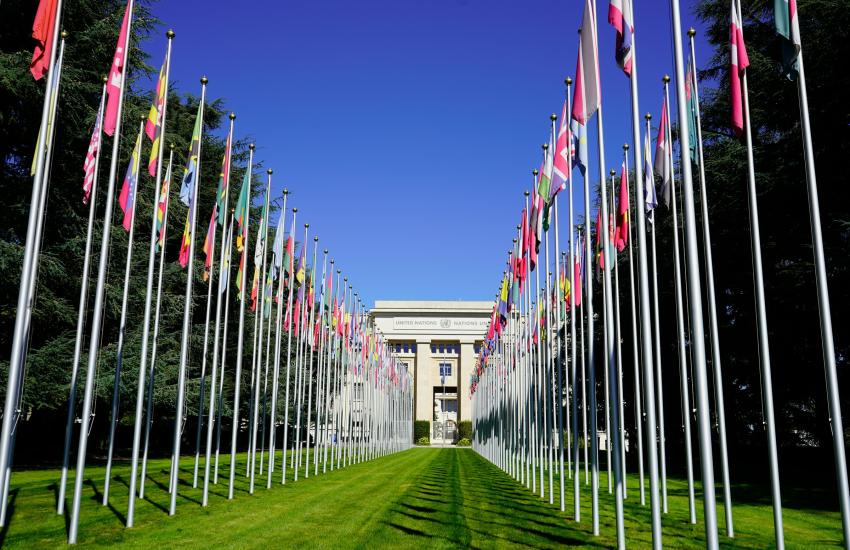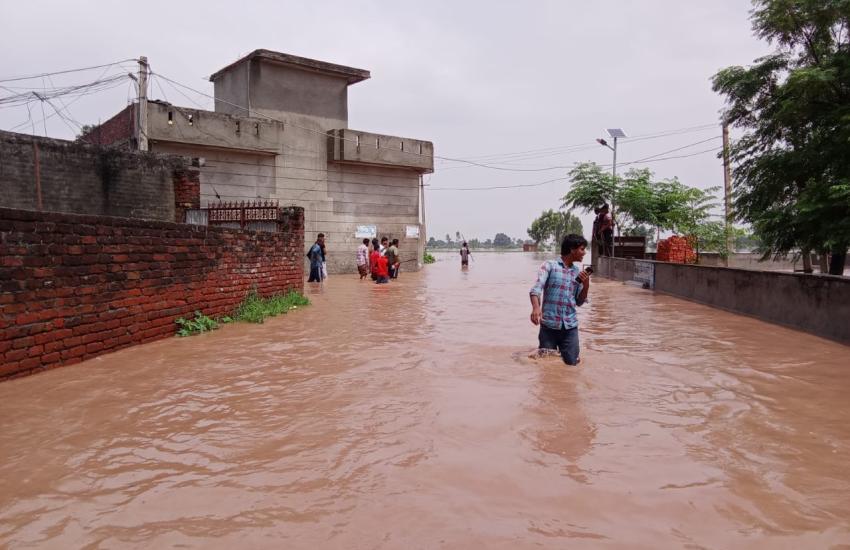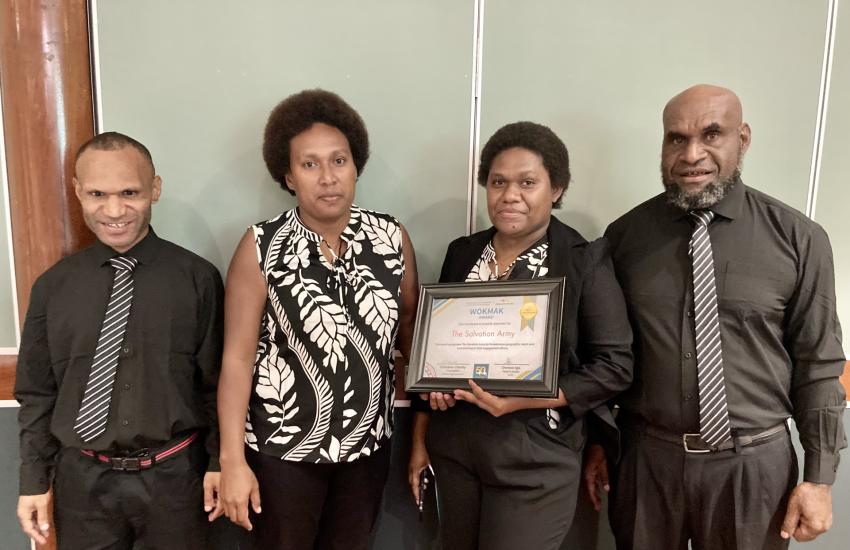NINETY-TWO mobile canteens and an emergency field kitchen are currently meeting human needs in southeast Texas. Flooding caused by Storm Harvey is still affecting many neighbourhoods and has displaced an estimated 43,000 people from their homes. The Salvation Army’s relief efforts continue throughout Labor Day, a public holiday in the United States.
As of 9 o’clock this morning, The Salvation Army has served:
- 200,657 meals
- 172,200 drinks
- 132,709 snacks
- 4,018 food boxes.
Thousands of items of clothing, blankets, cases of drinking water and infant supplies have also been distributed as necessary, along with clean-up and comfort kits. Recognising the trauma experienced by survivors, emotional and spiritual care has been provided to nearly 8,000 individuals.
In Houston, one of the worst-affected cities, nine additional mobile feeding units have been mustered to support the 33 already serving flood-hit residents. Salvation Army staff and volunteers are using iPads and tablets at mobile feeding sites to help residents to apply for assistance from the Federal Emergency Management Agency (FEMA). Services are changing dynamically, reflecting the needs of each community.
Residents of nearby Kendleton, stranded by the rising floodwaters, had to have boxed meals and other emergency supplies delivered by boat. Mayor Darryl K. Humphrey Sr expressed gratitude for The Salvation Army’s commitment: ‘It’s been a tremendous, tremendous help coming down and supplying all the dinners, lunches and hot meals … here in the rural areas.’
The Austin Area Command feeding units have been reassigned from the Texas coast to serve in the city of La Grange. Located an hour southwest of Austin, the Colorado River has reached record levels and has flooded about 500 homes in the community. Relief efforts are anticipated to continue in the city for at least a week.
Salvation Army officers, working alongside partner organisations in Lake Charles, Louisiana, are helping care for hundreds of people who have crossed state lines in search of a safe place to stay. Corps officer Lieutenant Richard Watts, with the help of 80 volunteers, has managed meals three times a day for up to 1,200 people at the Lake Charles Civic Center. ‘We have rallied as a community, and you can’t ask for more than that,’ he says.
Major Glenn Riggs has been coordinating emotional and spiritual care for this shelter. ‘It’s been about comforting [people],’ explains the major. ‘I’ve cried a little, encouraged, empathised with them, even though you couldn’t possibly know what they are going through.’
From various reports from USA Southern Territory






